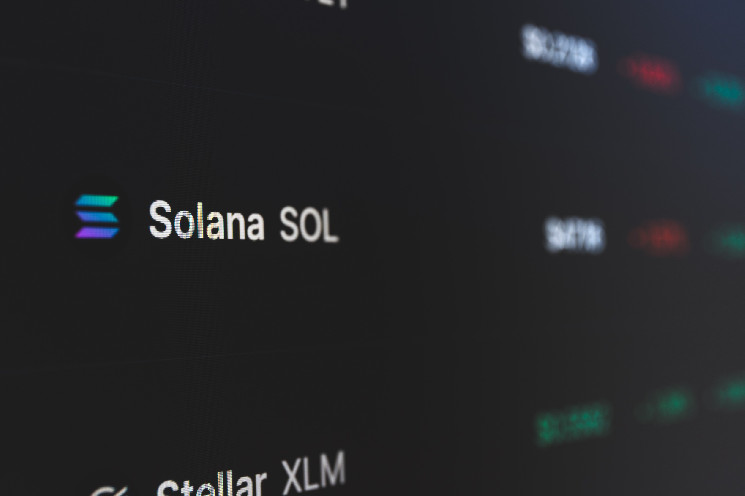Solana and a group of its ecosystem partners rolled out new a new feature that makes storing non-fungible tokens (NFTs) on-chain much cheaper. The feature, known as state compression, reduces the cost of minting 1 million NFTs on Solana to just around $110.
Solana Teams Up With Ecosystem Partners to Reduce Costs of Storing NFTs On-Chain
Solana announced on Thursday the launch of ‘state compression,’ a new feature that makes storing NFTs on the blockchain significantly cheaper. According to the official post, with state compression, minting 1 million compressed NFTs on a blockchain costs roughly $110. Solana said the function could be used to store any data on-chain, though the first use of this technology is compressed NFTs.
“Compressed NFTs are just like regular NFTs, only drastically cheaper — minting 100 million compressed NFTs costs about ◎50 to store on-chain, compared to ◎1.2mm for their uncompressed counterpart.”
– Solana wrote in the announcement.
State compression represents a cross-ecosystem effort built by Solana and Metaplex developers in collaboration with Remote Procedure Call (RPC) providers and indexers such as Triton, Helius, and SimpleHash. By taking advantage of the so-called Merkle trees, this sophisticated technology is designed to reduce transaction costs dramatically. Without state compression, it costs around 1,200 SOL (roughly $24,000) to store 100,000 million NFTs on the Solana blockchain.
Jon Wong, a technical lead on the ecosystem engineering team at the Solana Foundation, said state compression is a “compression-friendly data structure” that enables developers to keep “a small bit of data on-chain and updates directly in the Solana ledger, cutting the data storage cost down dramatically while still using the security and decentralization of Solana’s base layer.”
How Does it Work?
Unlike typical compression methods, which host a bunch of NFT data on-chain, the state compression feature allows only a smaller, concentrated version of data to be hosted on the blockchain using Merkle trees. The remaining portion of the data can be accessed off-chain via Solana RPC providers.
If the individual values kept off-chain change, the value stored on-chain would also change. To clarify how it works, Wong compared it to a receipt a buyer receives when they purchase an item. Although the product might not be near them, they own the receipt, which verifies them as the product’s honor.
The move came amid a slight resurgence in demand for NFTs after a severe crypto winter obliterated the digital collectibles market last year.
Do you think other major blockchains will also implement state compression in the future? Let us know in the comments below.
 tokenist.com
tokenist.com
